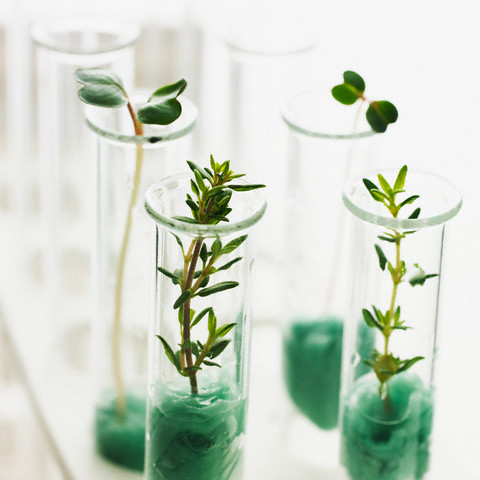International Journal of Pure & Applied Bioscience (IJPAB)
Year : 2017, Volume : 5, Issue : 3
First page : (111) Last page : (117)
Article doi: http://dx.doi.org/10.18782/2320-7051.2666
Breeding Potential of Cooking Banana Genotypes under Coimbatore Condition
Dinesh Nagar1*, N. Kumar1, Reshma V.S.2 and K. Soorianathasundaram1
1Department of Fruit Crops, Horticultural College and Research Institute, Tamil Nadu Agricultural University, Coimbatore-641003, India
2Department of Floriculture and Landscape Architecture, Horticulture Section, College of Agriculture Nagpur (Dr. Panjabrao Deshmukh Krishi Vidyapeeth Akola) 444 104
*Corresponding Author E-mail: nagar.dinesh86@gmail.com
Received: 8.03.2017 | Revised: 19.03.2017 | Accepted: 20.03.2017
ABSTRACT
Cooking banana (ABB) are important group of banana and plantain and are considered as a major economic source for income and grown especially in many part of Tamilnadu and other part of India. Although serious attempt has not been made to study the breeding potential of cooking banana for crop improvement. Hence, in this study assessed the male and female fertility of ten cooking banana genotypes. For evaluation of female fertility crosses were made in female flowers with the certain potential male parents while male fertility was evaluated in the laboratory condition. A total of 816 crosses were made in 26 cross combinations, out of which 3 combination resulted in 55 viable seeds, however 4 seeds alone germinated and two seedlings survived. Among the cooking banana genotypes (ABB) the Alshy, Chakkiya and Gouria were non pathenocarpic (female fertile) while rest of them were found to be pathenocarpic. All the ten cooking banana exhibited the male fertility. Among them male fertile genotype, Bagner exhibited the highest pollen output (17500), pollen stainability (64.60 %) and pollen germination (11.33 %).
Key words: Crop improvement, fertility, crossing, germination, seedlings, pathenocarpic
Full Text : PDF; Journal doi : http://dx.doi.org/10.18782
Cite this article: Nagar, D., Kumar, N., Reshma, V.S. and Soorianathasundaram, K., Breeding Potential of Cooking Banana Genotypes under Coimbatore Condition, Int. J. Pure App. Biosci.5(3): 111-117 (2017). doi: http://dx.doi.org/10.18782/2320-7051.2666





